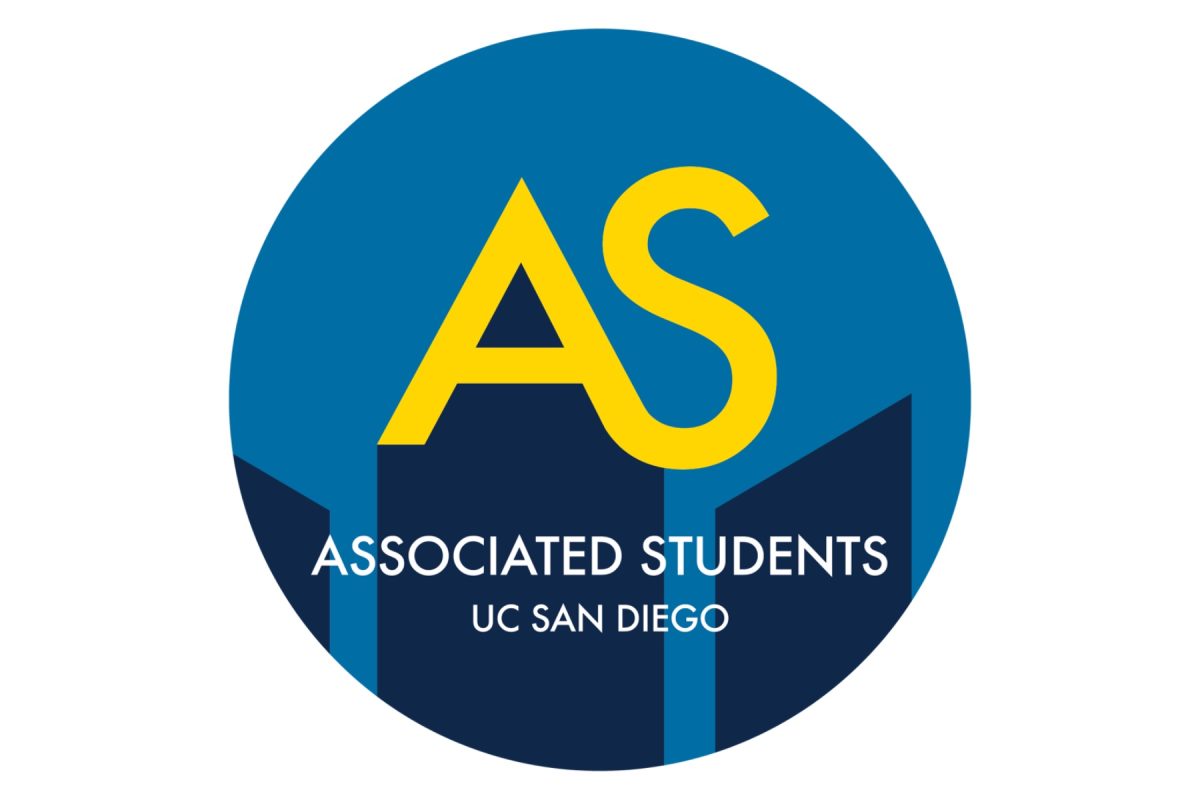The Tijuana River Valley may become a breeding ground for mosquitoes carrying the Zika virus unless action is taken to clean up the area, according to executive director of the nonprofit WILDCOAST and Imperial Beach Mayor Serge Dedina. If left polluted, the mosquitoes from the area could travel to San Diego and cause an outbreak of the disease.
The Tijuana River Valley, an estuary, sits on the U.S.-Mexico border between San Diego and Tijuana. It is also a hotbed for mosquito eggs because of the trash that accumulates in its marshes.
The Zika virus is an infection carried by mosquitoes, which causes mild symptoms of fever, vomiting and rashes. While there have been no reported fatalities caused by the infection, it has been linked to an increase in infants born with abnormally small heads, a condition known as microcephaly.
Dedina spoke about the potential danger with FOX 5 News on Feb. 2, where he insisted that the thousands of tires abandoned in the estuary hold stagnant water that provides an optimal space for mosquitoes to lay their eggs.
“Those breeding grounds are areas with lots of wastewater [and] tires … in addition to the two species of mosquito — yellow fever mosquito and Asian tiger mosquito — that can transmit Zika,” Dedina told FOX 5.
WILDCOAST Director of Communications and Policy Fay Crevoshay spoke to the UCSD Guardian about the issue, saying that this has been a problem years in the making.
“Every time it rains, more tires are washing in from the canyon across the border,” Crevoshay said. “This is not just a problem in San Diego but all over the U.S.-Mexico border.”
According to the WILDCOAST website, the California government exports approximately two million waste tires to Mexico annually, which are used in short-term building projects, such as shanty houses, makeshift stairs or wall retainers. Eventually, through rain or refuse, these tires end up stateside again in the river systems and estuaries, particularly the one situated between Imperial Beach and Tijuana.
The accumulation of tires in the valley could exacerbate the spread of Zika virus if, or when, it begins to circulate in the United States.
The World Health Organization listed 26 countries on Feb. 4 with confirmed outbreaks of the virus, including Mexico, where cases have been limited to the southern half of the nation.
To preemptively combat the issue, WILDCOAST partnered with the Secretary of the Environment of Baja California as well as several waste companies in Tijuana to orchestrate a concerted clean-up effort on the Mexican side of the border, for which the State Agency CalRecycle has awarded the nonprofit a grant of $100,000.
Dedina praised the cooperative effort as a proactive defense against potential mosquito invasions during the summer in a Feb. 1 press release.
“This innovative approach to cleaning up on the Mexican side of the border … builds upon California’s excellent relationship with Baja California and Mexico,” Dedina said. “It illustrates why working together with our neighbor to the south is the only approach to environmental problem solving in our regions, where two countries share a [watershed].”
Crevoshay expects the initiative to serve as a pilot program for a much larger effort to clean up the border.
“They gave us $100,000, which is not much,” Crevoshay told the Guardian. “But we want to prove that if we can keep one side clean, the other side will follow, and we won’t have this onslaught of tires.”
Crevoshay told the Guardian that the official cleanup starts this Monday.








